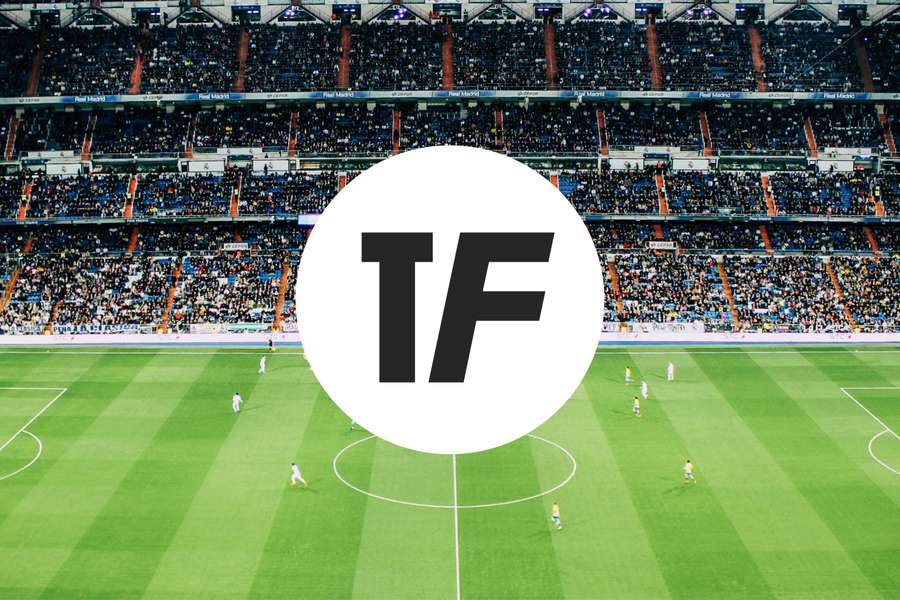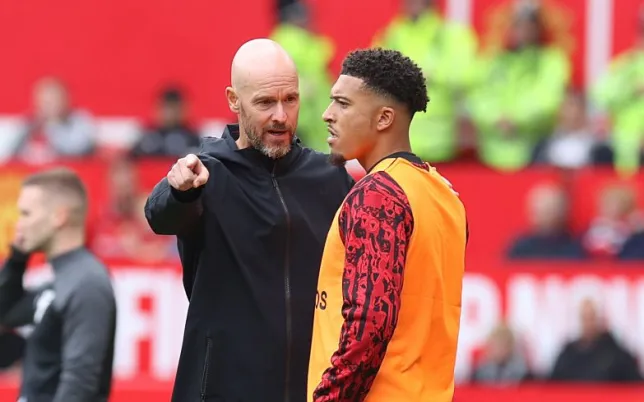Exploring the secret of player anxiety: how to identify and deal with it?

Player anxiety is a common psychological problem that is common among both professional and amateur players. Player anxiety refers to negative emotions such as tension, anxiety, and stress that occur during games or training. These emotions can have a negative impact on players 'performance and mental health. However, if player anxiety can be correctly identified and handled, players can better control their emotions and achieve better results.
The key to identifying player anxiety is understanding its symptoms. Generally speaking, symptoms of player anxiety include mood swings, inferiority complex, doubts about one's abilities, pre-game fear and nervousness, etc. If a player develops these symptoms before a game, there is a good chance he is experiencing anxiety disorders.
The key to dealing with player anxiety is to adopt effective coping strategies. Players should learn to observe and reflect on themselves, be aware of their anxieties, and find out why they occur. Players can seek help from a counselor or counseling. Professional psychological counselors can help players analyze the causes of anxiety and provide effective solutions. In addition, players can also try some techniques to relax and adjust attention, such as deep breathing, imagination training, positive self-suggestion, etc.
In addition to individual level processing, players 'coaches and teams also play an important role. Coaches should have certain knowledge of psychology, be able to understand and pay attention to the mental health of players, and provide corresponding support and guidance. The team atmosphere and support can also have a positive impact on players 'anxiety disorders, and mutual support and encouragement among team members are crucial.
Player anxiety is a common problem, but it is not an insurmountable obstacle. By correctly identifying and processing, players can control their emotions and achieve better results. Therefore, both players and teams should pay attention to the identification and handling of player anxiety disorders and provide necessary psychological support and assistance to players.
RELATED STORIES
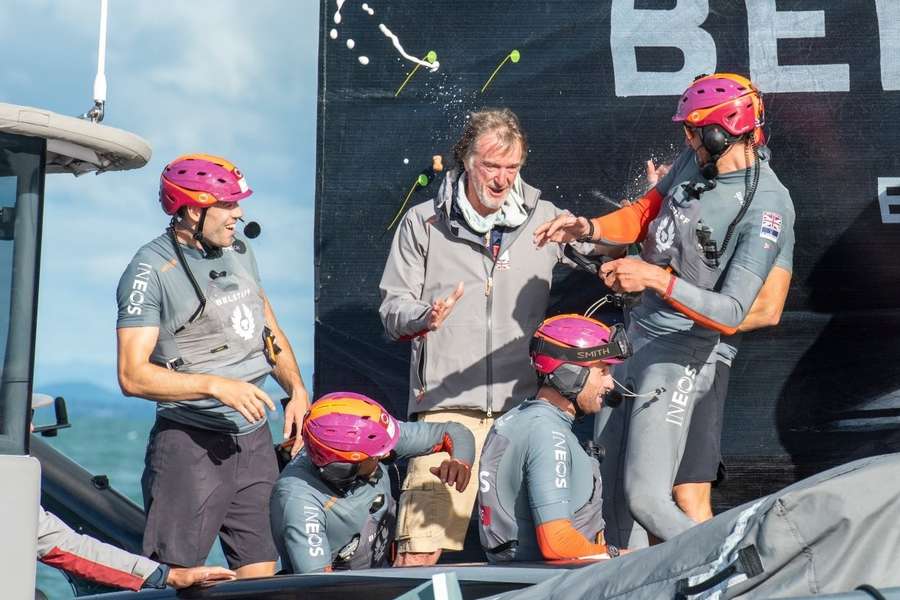

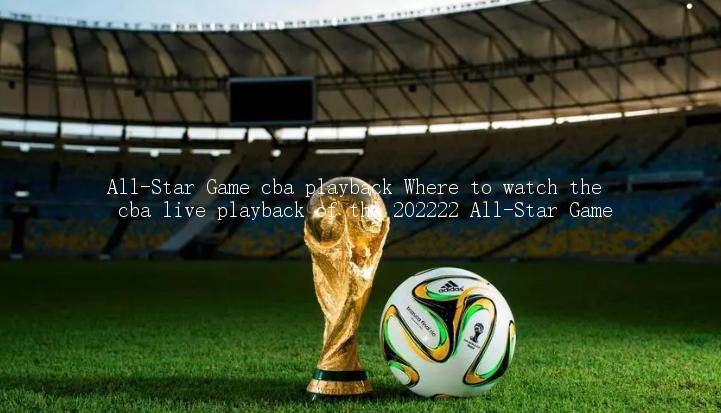

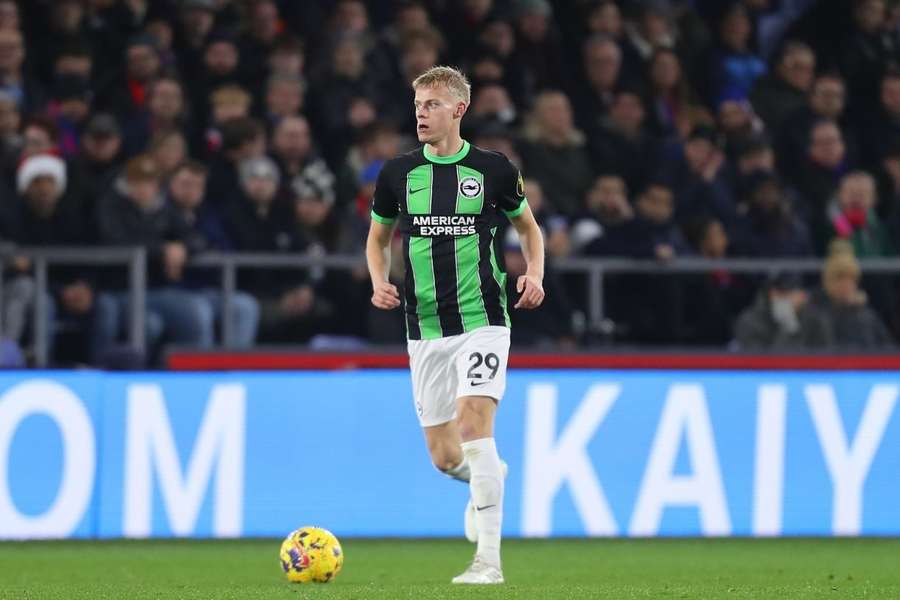
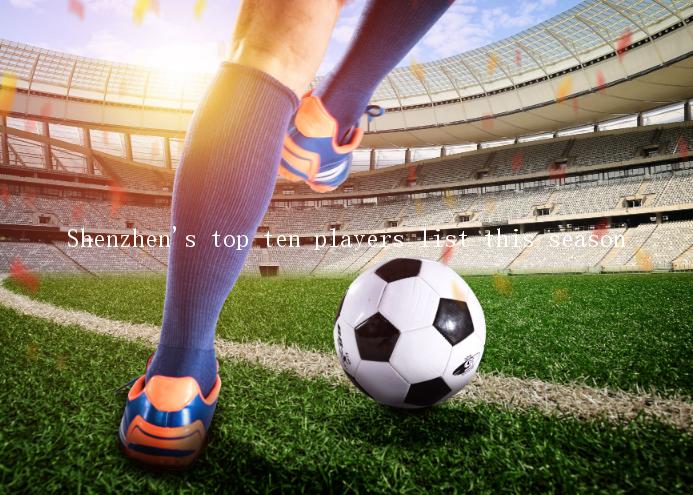
LATEST NEWS





